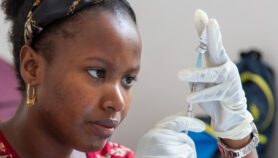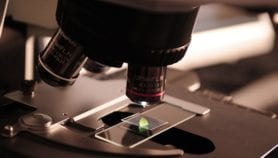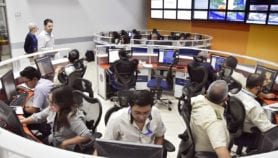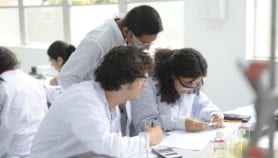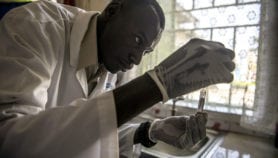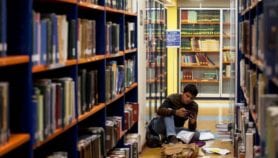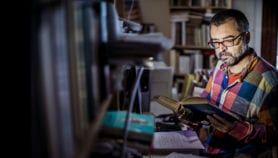By: Wagdy Sawahel
Send to a friend
The details you provide on this page will not be used to send unsolicited email, and will not be sold to a 3rd party. See privacy policy.
Lebanon’s parliament has endorsed a plan to reform policy for science and technology.
The plans were part of a policy statement issued by the new national unity government, which won a vote of confidence in parliament last week (12 August).
The plan focuses on human resource development and capacity building in priority fields such as water science, environment, solar and wind energy, agriculture and information technology.
To tackle the brain drain and attract back Lebanese scientists living abroad, the government intends to build new laboratories and provide educational institutions with modern technological capabilities.
The government will accelerate the integration of Lebanon into the World Trade Organization and look to apply laws on intellectual property protection and combating piracy to promote technology transfer and technical cooperation.
The plan also aims to protect Lebanon’s natural resources and better integrate environmental values into the policies and programmes of all development sectors. New legislation will give the Ministry of Environment a wider remit to work with different departments involved in energy, transport, agriculture and industry.
"The national unity government’s statement contains important ambitions to encourage investments in information, communication and media as well as the communication infrastructure as pillars of a knowledge economy," says Peter Tindemans, a UNESCO consultant who contributed to Lebanon’s 2006 Science, Technology and Innovation Policy.
He says the plans show that the Lebanese government "understands that introducing advanced technologies is vital" for agriculture, industry, energy and water sectors.
"What needs to be done now is to put flesh on the bones. One crucial step would be a reaffirmation of the previous government’s commitment to the Science, Technology and Innovation Plan launched in 2006 (see Lebanon announces US$33 million science plan) because it provides a coherent approach and concrete initiatives towards many of these goals."
However, Carla Khater, a researcher at Lebanon’s National Council for Scientific Research, is cautious.
"Lebanon has unlimited potentials that are, unfortunately, limited by financial and administrative constraints. I think that prior to dreaming of an effective expansion of scientific centers and research institutions, the high priority should be to improve working and living conditions of existing research centers and researchers."



